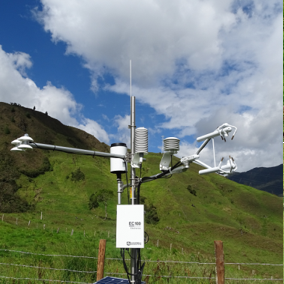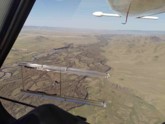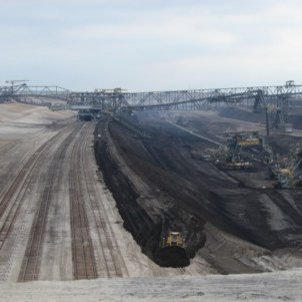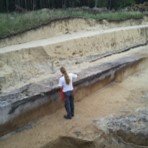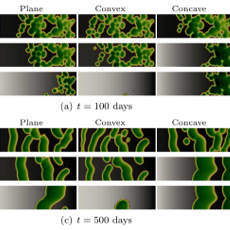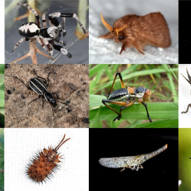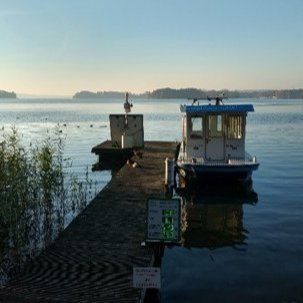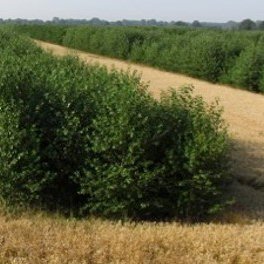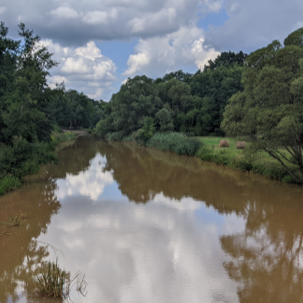Themenfelder
Atmospheric Processes
(Prof. Dr. Katja Trachte)
- Atmospheric boundary layer processes, focus on momentum & energy, e.g. local wind systems
- Land surface – atmosphere interactions (spatio-temporal dynamics of energy, carbon & water fluxes, e.g. NEE, ET)
- Clouds & precipitation processes, extreme events
- Regional climate change
Raw Material and Natural Resopurce Management
(Prof. Dr. Rainer Herd)
- Exploration of the geological underground (mineral & energy resources, groundwater & anthropogenic structures)
- Development of exploration concepts, methods & tools
Environmental Geology in Post-Mining (BGR)
(Prof. Dr. habil. Christoph Neukum)
- Hydraulic & hydrogeochemical modeling of flooding, reaction, & transport processes
- Environmental monitoring
- Recording & modeling of geomechanical processes
- In-situ measurements & laboratory analyses with regard to later reuse
Geopedology and Landscape Development
(Prof. Dr. Thomas Raab)
Landforms and soils as part of the critical zone in natural and cultural landscapes
- Quaternary landscape development
- Geoarchaeology & Holocene land use history
- Geoecological processes at the earth’s surface
- Anthropogenic impact & land use effects
Hydrology
(Prof. Dr. Christoph Hinz)
- Ecohydrology: Multiscale modelling of vegetation pattern formation
- Surface runoff dynamics as affected by small scale heterogeneity
- Transient behavior of soil and vegetation in landscapes post-mining
- Quantifying rainfall properties using rainfall generators
Ecology
(Prof. Dr. Klaus Birkhofer)
- Biodiversity: insect loss & conservation
- Agroecology: biological pest control & pest infestation
- Ecosystem services/functions: decomposition & predation
- Landscape ecology: spillover at different spatial scales
Aquatic ecology
(Prof. Dr. Dominik Martin-Creutzburg)
- Aquatic food webs: trophic interactions, nutritional ecology
- Cross-ecosystem linkages: aquatic-terrestrial, nutrient/energy flows
- Climate change: impact on lake & stream ecosystems
- Anthropogenic impacts: water pollution, hydromorphological changes
- Freshwater restoration: lakes & streams
Soil-Plant System
(Prof. PhD Louise Rütting)
- Biogeochemical nutrient cycling & transformation processes in soil-plant systems
- Interactions at the interface between soils & plants, e.g. rhizosphere
- Element cycling in natural, managed & disturbed ecosystems, e.g. post- mining landscapes, marginal sites
- Sustainable, climate-adapted land use systems
Aquatic Biogeochemistry (IGB)
(Hon.-Prof. Dr. Michael Hupfer)
- Coupling of P with Fe, S & Corg: Eutrophication management & P recovery
- Disturbed aquatic systems in urban and mining areas: Safeguarding the ecosystem services of surface waters
- Long term monitoring & climate change impacts on lakes: Vulnerability & adaptation strategies
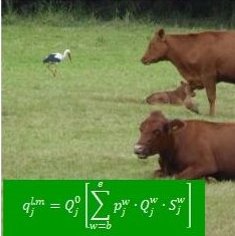
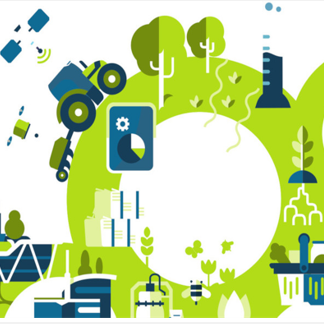
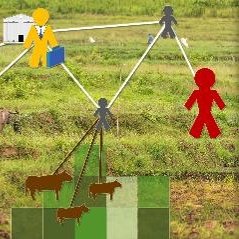
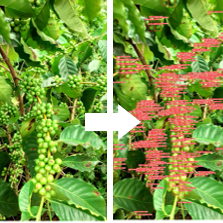
Environmental Economics
(Prof. Dr. Frank Wätzold)
- Ecological-economic modelling of biodiversity conservation policies & strategies
- Economic evaluation of environmental policies and projects
- Economics of climate adaptation
- Environmental Decision Support Software Development
Environmental Planning
(Prof. Dr. rer. nat. Michael Beckmann)
- Bioeconomy: strategic planning for the research alliance ‘Land-Innovation-Lausitz’
- Sustainability: voluntary sustainability standards & education for sustainable development
- Impact Assessment
Modelling of Human-Environment Systems (UFZ)
(Prof. Dr. Birgit Müller)
- Transformation towards sustainable agriculture in Germany & Europe (e.g. reduction of nitrate leaching, effective agri-environmental schemes)
- Effective policy instruments to cope with climate risk in agriculture
- Appropriate incorporation of farmer behavior in models
- Potential of human-environment-systems models to support inter- & transdisciplinary research
Environmental Data Science (ZALF)
(Prof. Dr. Masahiro Ryo)
- Artificial intelligence: Machine learning & deep learning
- Data integration: UAV, handy camera, satellite data integration
- Agricultural landscape: Crop yield prediction
- Biodiversity data synthesis: Biodiversity & ecosystem functioning
Integrated Crop Systems Analysis and Modelling (ZALF)
(Prof. Dr. Heidi Webber)
- Climate risk & impact assessment
- Modelling crop stress responses
- Soil & water conservation in cropping systems
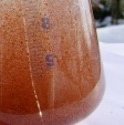
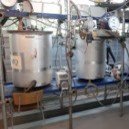
Biotechnology of Water Treatment
(Prof. Dr. Marion Martienssen)
- Environmental behavior, elimination & biodegradation of highly persistent substances (Phosphonates, per-/ polyfluorinated surfactants, organosilicones)
- Non-conventional processes for the elimination of nitrogen (Anammox)
- Regional water management for circular economy
Circular Economy
(Prof. Dr. Christian Abendroth)
- Anaerobic digestion: substrate usage and reactor design
- Power2Gas: use of residual energy
- Anaerobic microbiomes: composition and manipulability
- Biogas supplements: reducing inhibition through biochar
- Material recovery due to bioleaching

